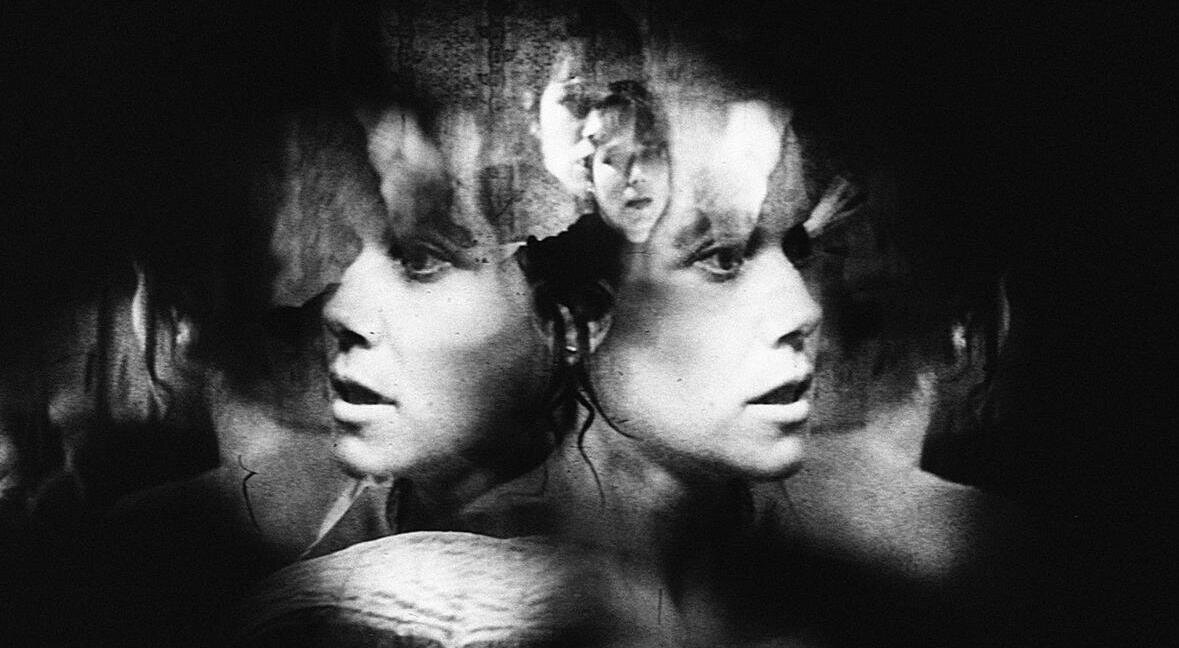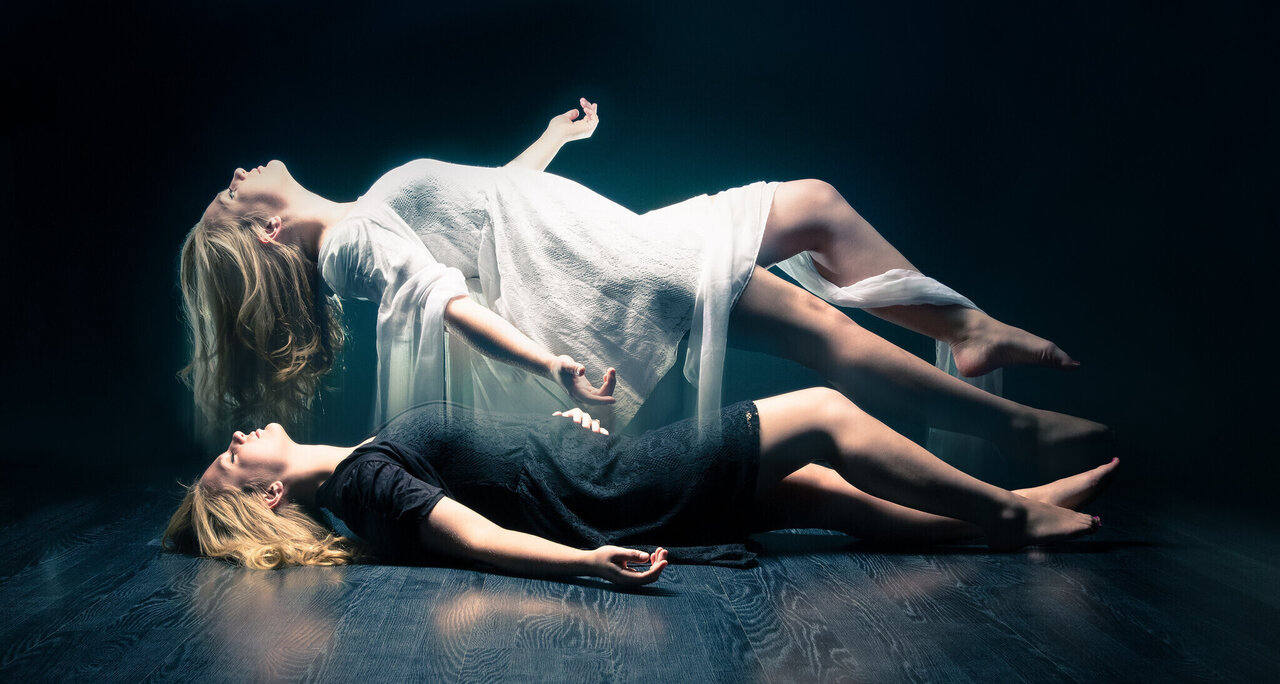The Mind-Altering Films of Peter Tscherkassky
Peter Tscherkassky is an Austrian avante-garde filmmaker. He’s one of the few filmmakers who, through his experimental techniques, can create truly mind-altering cinema. There are certainly many films I’d describe as psychedelic – in terms of depicting trips or because of their cinematography and themes – but Tscherkassky’s experimental short films are different to films…
View Post



